The manufacturing industry has always relied heavily on technical skills, precise operations, and efficient workflows. As this industry continues to evolve with the advent of automation, robotics, and smart factories, one of the latest innovations shaking up training programs is virtual reality (VR). NextGen Virtual Training for Industry is transforming the way employees in manufacturing are trained, ensuring workers can acquire and refine their technical skills in a safer, more immersive, and efficient way.
In this article, we’ll explore how NextGen VR training platforms are revolutionizing technical skill development in the manufacturing sector, the benefits of virtual training, and the future impact of this technology.
What is NextGen Virtual Training for Industry?
NextGen Virtual Training for Industry refers to the use of advanced VR platforms designed to simulate real-world environments and scenarios, specifically for industrial applications like manufacturing. These platforms create virtual environments where employees can practice and master technical skills without the risks or limitations associated with physical training. Workers can operate machinery, troubleshoot problems, and perform complex tasks in a completely virtual space, allowing for a hands-on experience that enhances learning outcomes.
Key Features of NextGen VR Training in Manufacturing
NextGen VR platforms offer a range of features that cater to the specific needs of the manufacturing industry:
- Immersive Simulations
VR training provides an immersive experience where trainees can interact with virtual machines and tools as if they were in a real factory. This level of immersion helps workers develop a more intuitive understanding of how machines work, how to troubleshoot, and how to handle technical processes. - Real-Time Feedback
One of the major benefits of VR training is the ability to receive immediate feedback. Trainees can instantly see where they’ve made mistakes and what they need to improve. This real-time feedback allows for quick learning adjustments, making the training process more efficient. - Safety Training
Manufacturing environments often involve high-risk operations, particularly with heavy machinery or hazardous materials. NextGen VR training platforms simulate these conditions without any real danger, helping workers learn safety protocols and emergency procedures in a controlled virtual environment. - Scenario-Based Learning
VR platforms can replicate complex scenarios that may be difficult or costly to reproduce in real life. For example, workers can be trained to respond to equipment malfunctions, system failures, or other critical situations that may rarely occur but require a high level of preparedness. - Scalability and Flexibility
One of the most significant advantages of NextGen VR training is its scalability. Manufacturing companies of all sizes can implement these training programs without the need for extensive physical resources. Moreover, the training modules can be updated or expanded as needed, making them adaptable to changing industry standards or new technologies.

NextGen VR Training Platforms Revolutionizing Technical Skills
The Benefits of NextGen Virtual Training for Industry
The adoption of NextGen Virtual Training for Industry in the manufacturing sector offers several key benefits:
- Enhanced Learning Retention
Studies have shown that immersive learning environments like VR lead to higher retention rates compared to traditional classroom-based or on-the-job training. The hands-on nature of VR training allows workers to engage with the material more effectively, which leads to better understanding and memory retention. - Reduced Training Costs
Traditional training methods in manufacturing can be costly, especially when it involves the use of machinery, materials, or taking production time away from operational tasks. NextGen VR training minimizes these costs by offering a virtual alternative, where employees can practice and perfect their skills without the need for physical resources. - Improved Safety Outcomes
By training workers in a virtual environment, the risks of accidents or injuries during the learning process are entirely eliminated. This is especially important in manufacturing, where safety is paramount. Workers can practice hazardous procedures or emergency responses in a safe, simulated environment before applying those skills on the factory floor. - Shortened Learning Curve
With VR, complex processes can be broken down into more manageable training sessions, allowing workers to learn at their own pace and repeat simulations until they are confident in their abilities. This reduces the learning curve for new hires or employees being retrained on new machinery or procedures. - Boosted Productivity
Well-trained employees are more productive, as they make fewer errors and require less supervision. NextGen VR training helps workers get up to speed faster, leading to improved efficiency and productivity on the manufacturing floor.
The Future of VR Training in Manufacturing
The future of NextGen Virtual Training for Industry is bright, especially in the manufacturing sector, where the demand for skilled labor continues to grow. As VR technology evolves, we can expect to see more advanced simulations that offer even greater levels of realism and interactivity.
In the coming years, VR training is likely to integrate with other emerging technologies like artificial intelligence (AI) and augmented reality (AR) to provide a more holistic learning experience. AI-driven analytics could offer personalized learning pathways for employees, while AR could enable workers to apply their virtual training in real-time on the factory floor.
Additionally, as the Internet of Things (IoT) becomes more prevalent in manufacturing, VR training could incorporate real-time data from connected devices, offering workers up-to-the-minute insights into the status of machinery or production lines.
Conclusion
NextGen Virtual Training for Industry is changing the way technical skills are developed in the manufacturing sector. By providing a safe, immersive, and cost-effective way to train employees, VR platforms are revolutionizing how workers acquire the technical skills needed for modern manufacturing. As this technology continues to evolve, the impact of VR training on productivity, safety, and workforce readiness will only grow, making it a crucial component of the future of manufacturing.
FAQs
- What is NextGen Virtual Training for Industry?
NextGen Virtual Training for Industry is an advanced VR platform designed to simulate real-world industrial environments, allowing employees to learn technical skills in a safe, immersive, and efficient way. - How does VR training improve safety in manufacturing?
VR training allows workers to practice high-risk procedures and emergency responses in a virtual environment, eliminating the dangers associated with physical training on live machinery. - What are the benefits of NextGen VR training for manufacturing companies?
The benefits include improved learning retention, reduced training costs, enhanced safety, a shortened learning curve, and increased productivity.





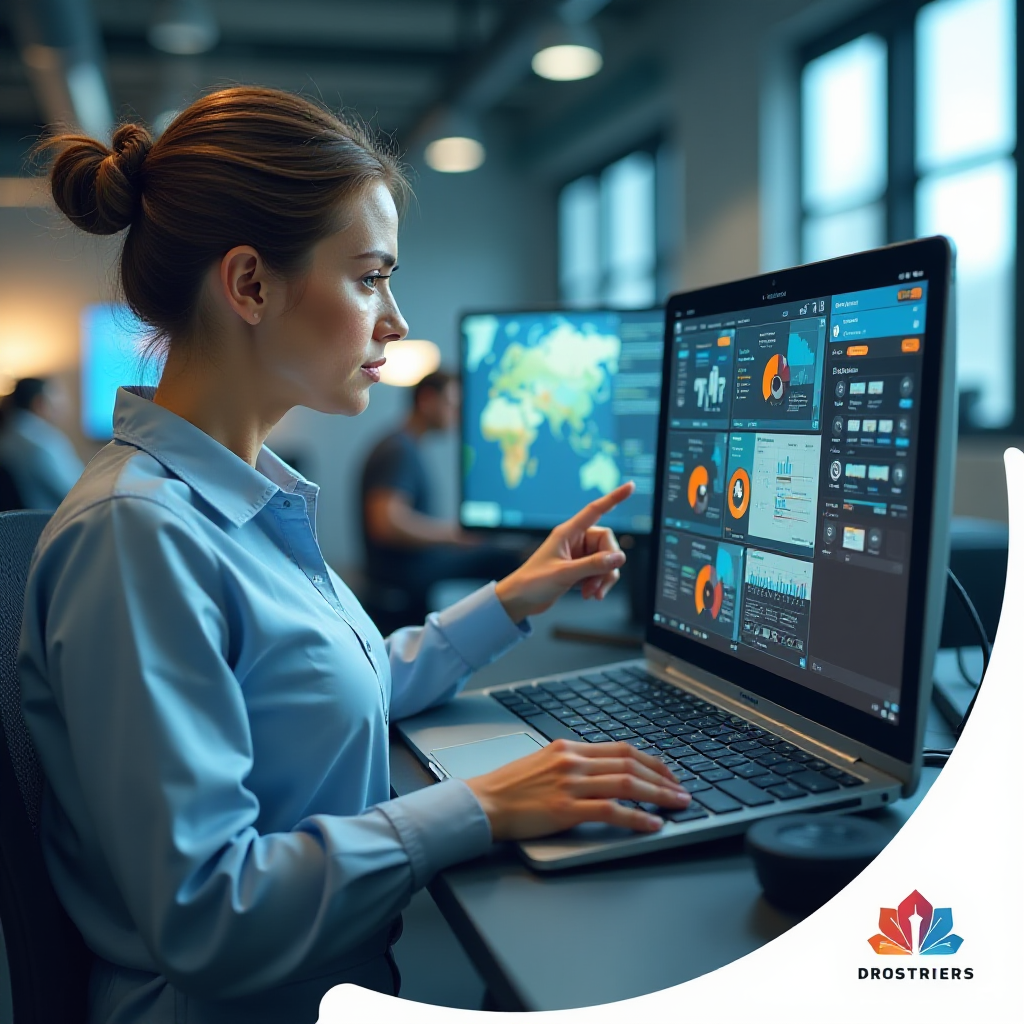

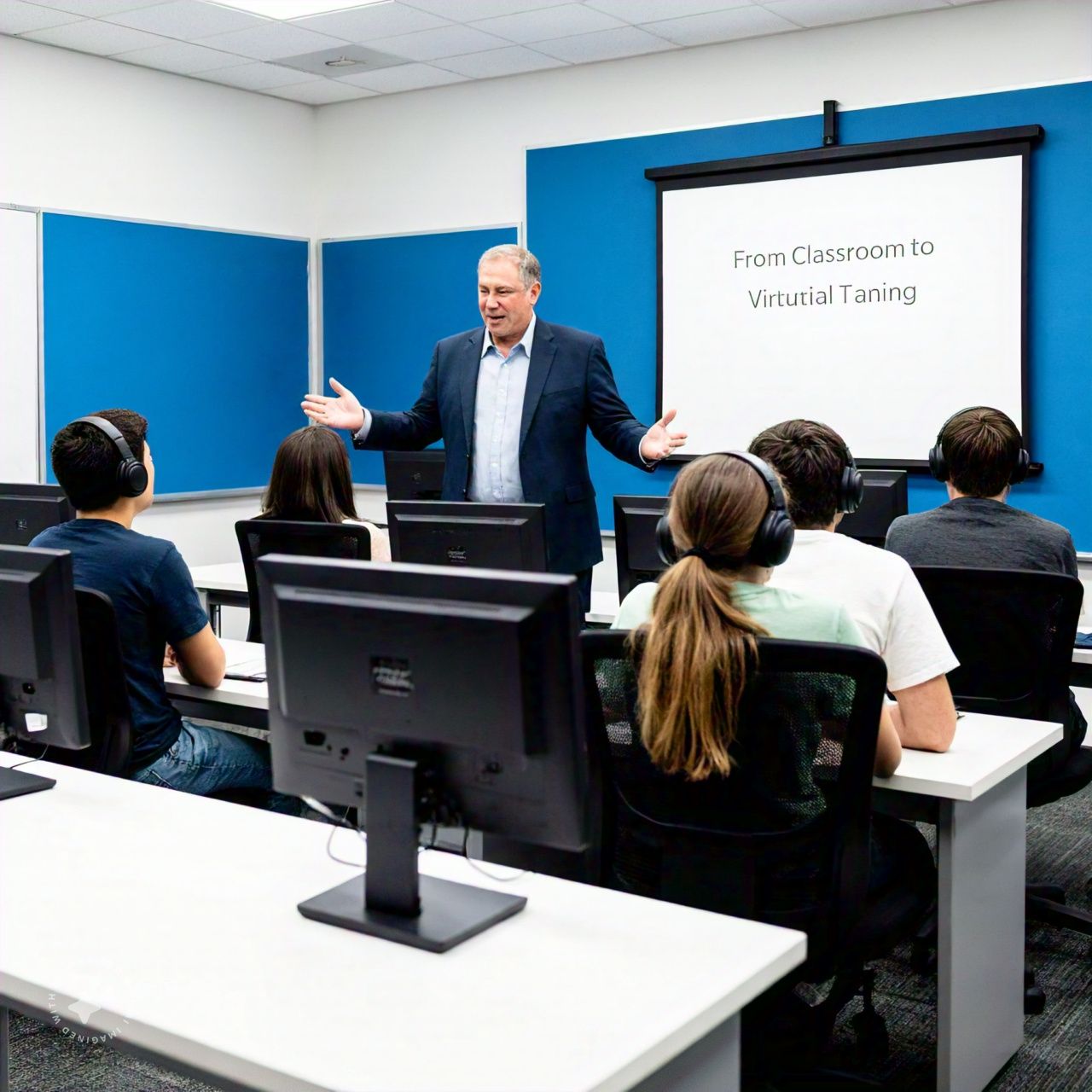
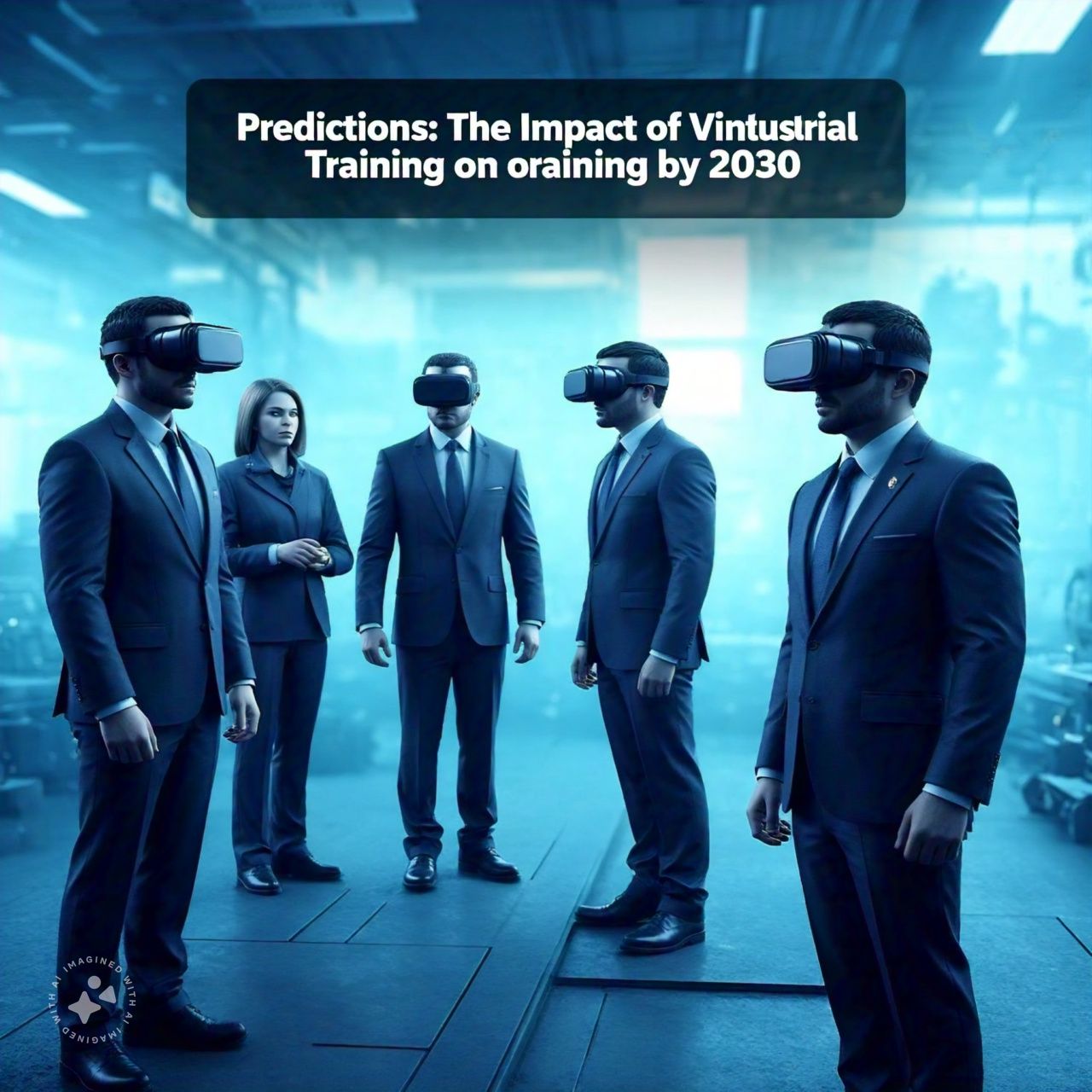
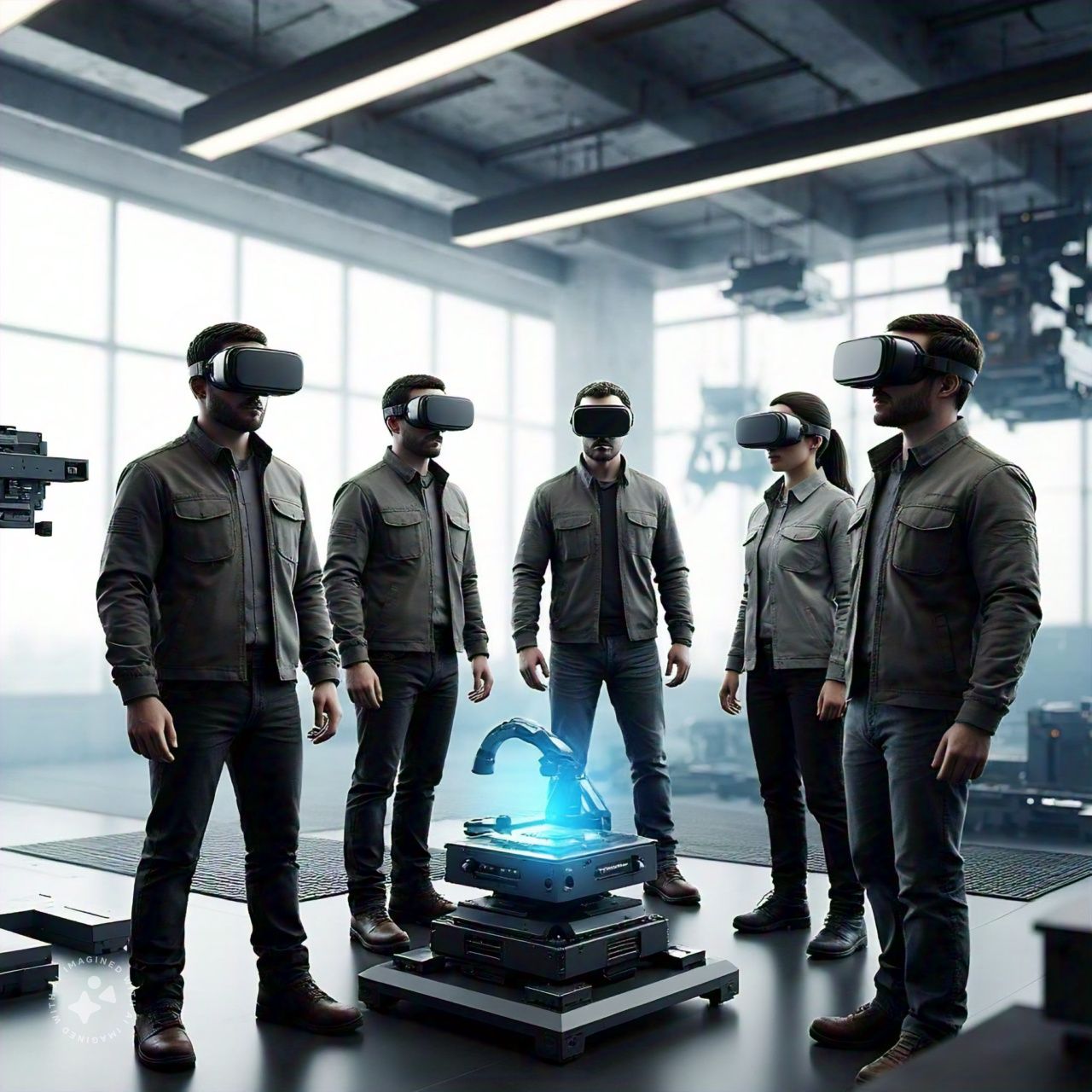
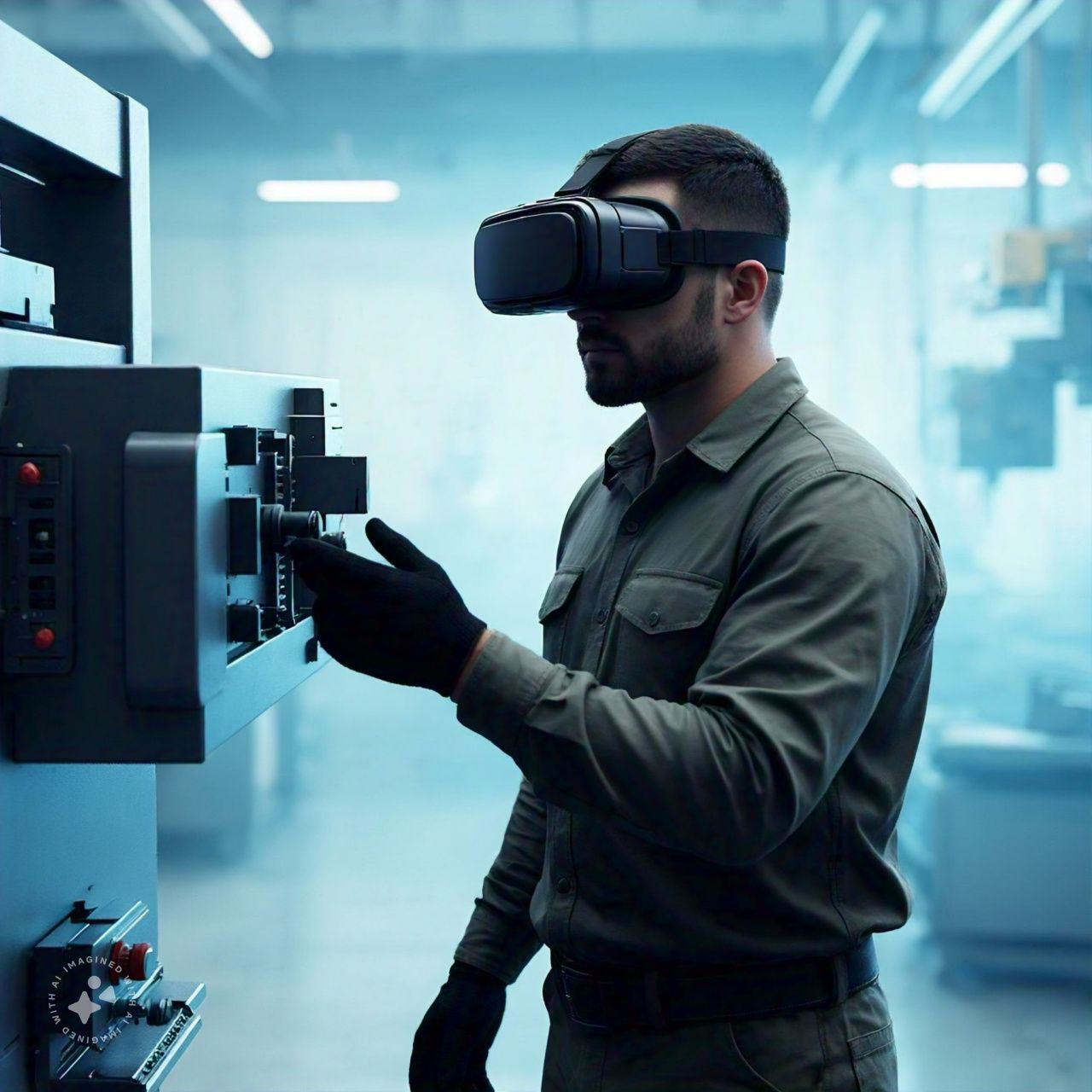
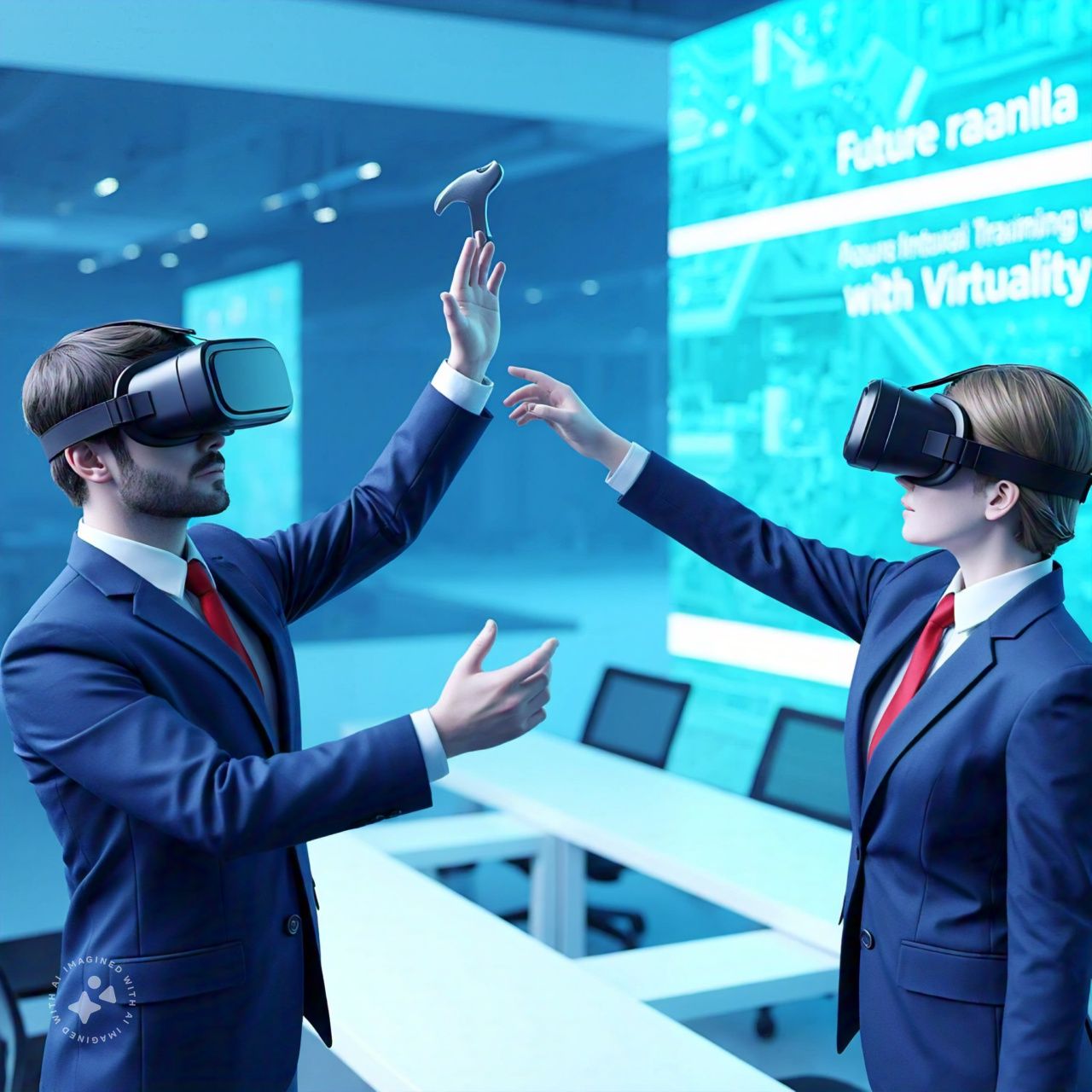

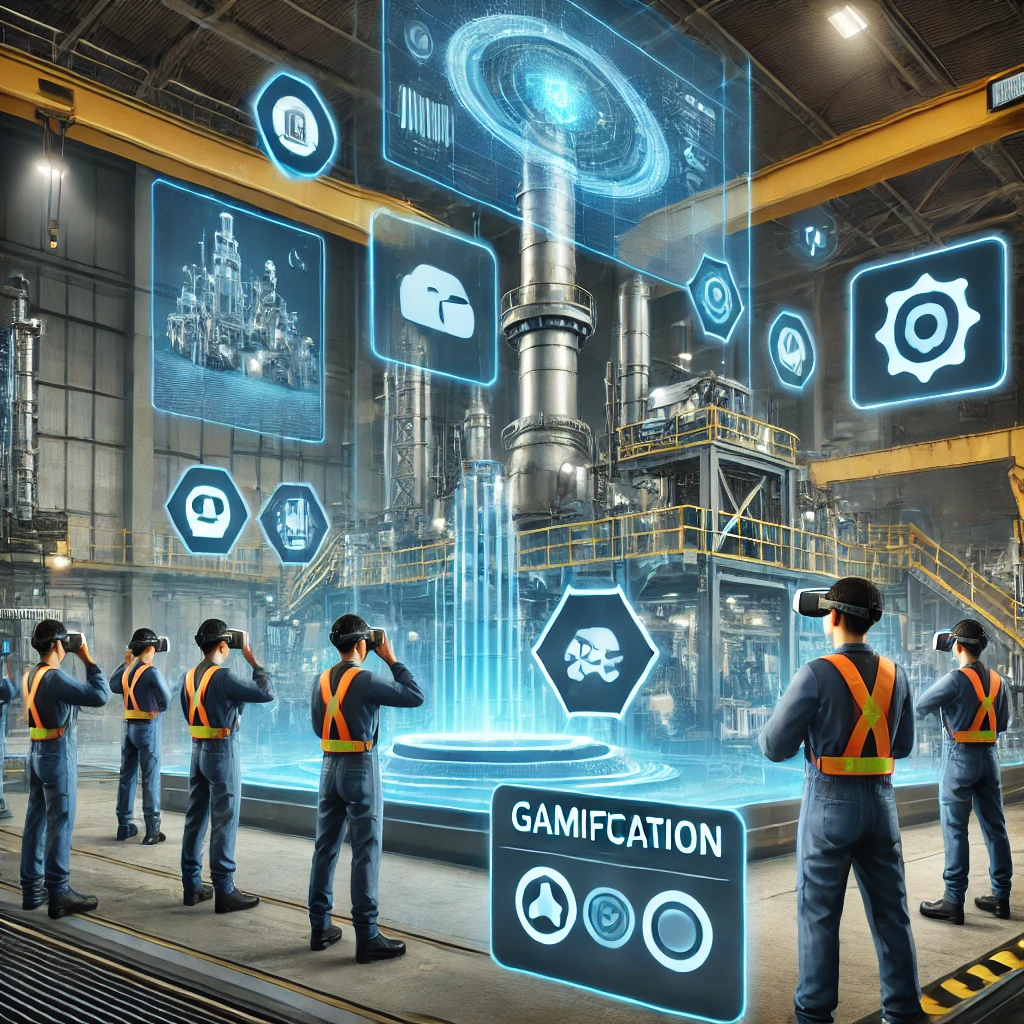
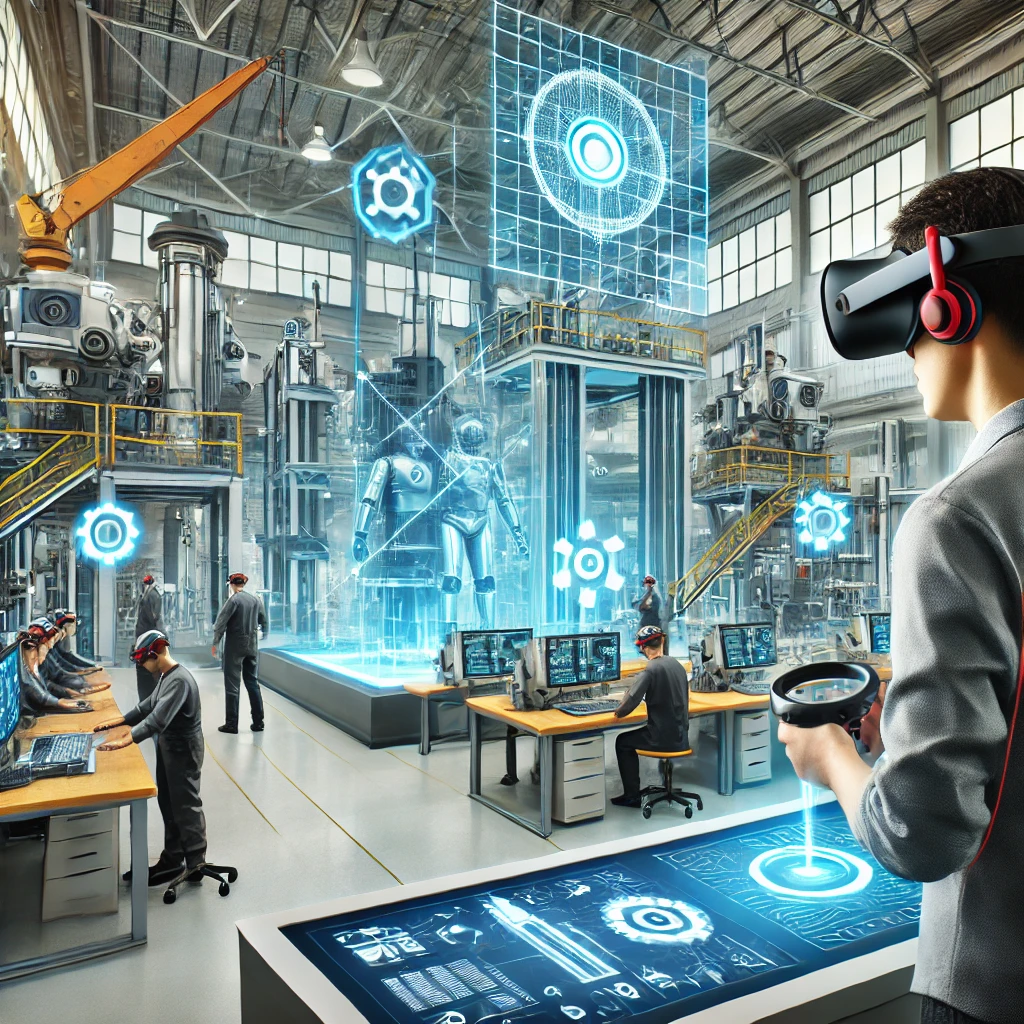
Leave a Reply